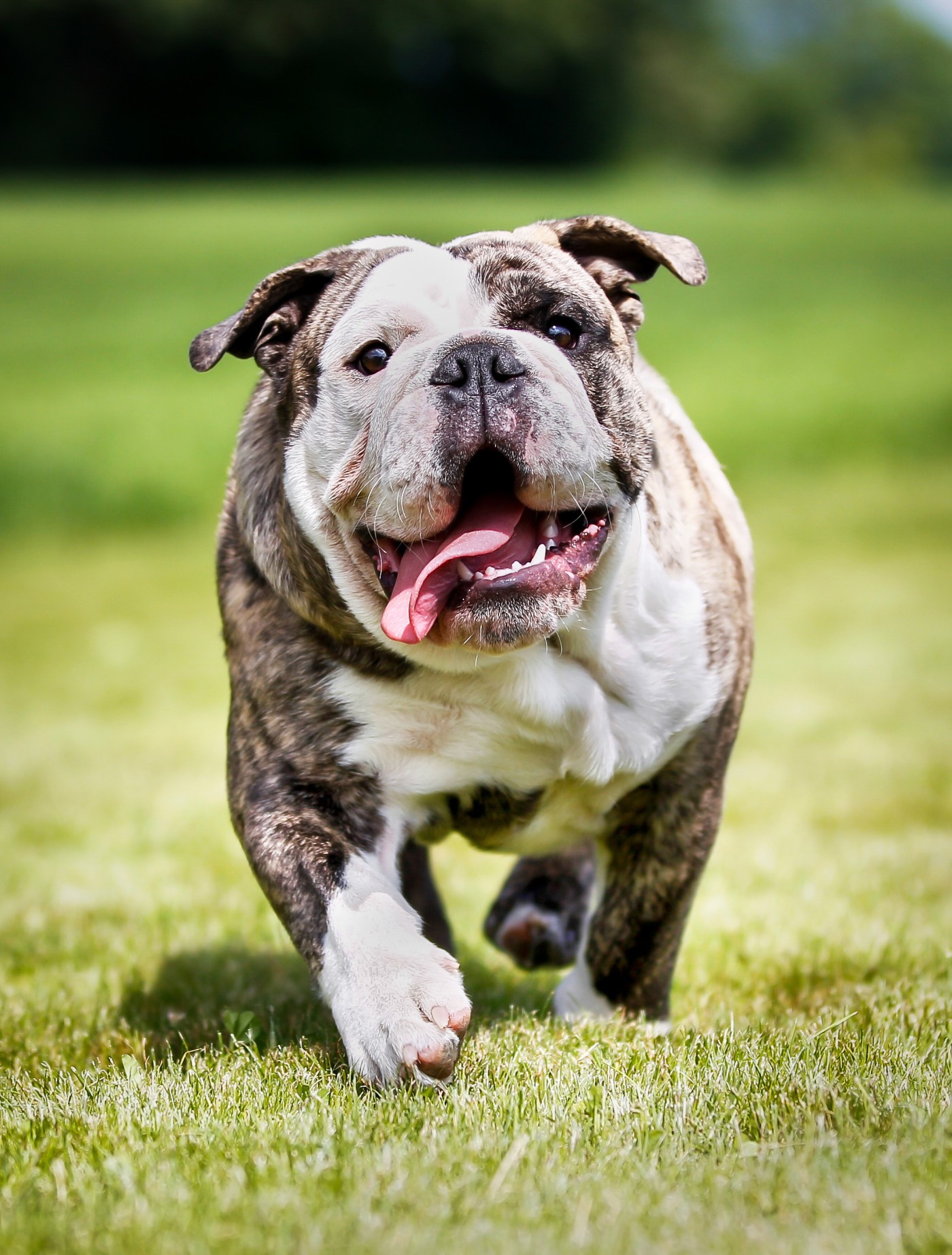
Young Bulldog has a breathing emergency
Dear Dr. John,
My year-old Bulldog died recently after an acute episode of NCPE due to ARDS as it was described to me. I noticed him choking and having trouble breathing and took him into a veterinary urgent care facility. They mentioned aspiration. While the staff had started to deliver oxygen by hand, they did not have the machinery to keep my dog on a ventilator. Transport to a full-service emergency center a few miles away was not feasible as the other facility did not have the staffing to intake my dog. As a result, and with my dog’s numbers getting worse, I chose to have him put to sleep. Is it typical for emergency facilities to turn people away? I hope to get another Bulldog and wonder what precautions I might take to prevent a similar episode. K.T.
Dear K.T.,
NCPE is noncardiogenic pulmonary edema — an accumulation of fluid in the lungs not related to the heart. ARDS is acute respiratory distress syndrome, and it often has a poor prognosis as you sadly learned. It comes on rapidly due to an obstruction in the airway or inhalation of a fluid often leading to aspiration pneumonia. Mechanical ventilators are often called for as manual oxygen delivery is tedious and difficult, as well as less effective.
The challenge also lies in addressing the underlying cause and reducing inflammation of the lungs. Bulldogs are short-faced brachycephalic breeds and, like similar breeds, are more prone to such an event. In severe cases, even with a ventilator, the survival success rate is low. The inhaled substance can be food, water, vomit, or even excess salivation. Prevention is a tough challenge with the breed so ensuring that your bulldog has adequate open airways is a start. Feeding smaller amounts of food at feeding time and making sure the dog does not “inhale” their food can also be helpful. As for being turned away from an emergency facility, sadly veterinarians are in short supply lately. Given what you faced, I am sure you were advised in making the difficult but correct decision. Sorry for your loss!
Dr. John de Jong owns and operates the Boston Mobile Veterinary Clinic. He can be reached at 781-899-9994.


